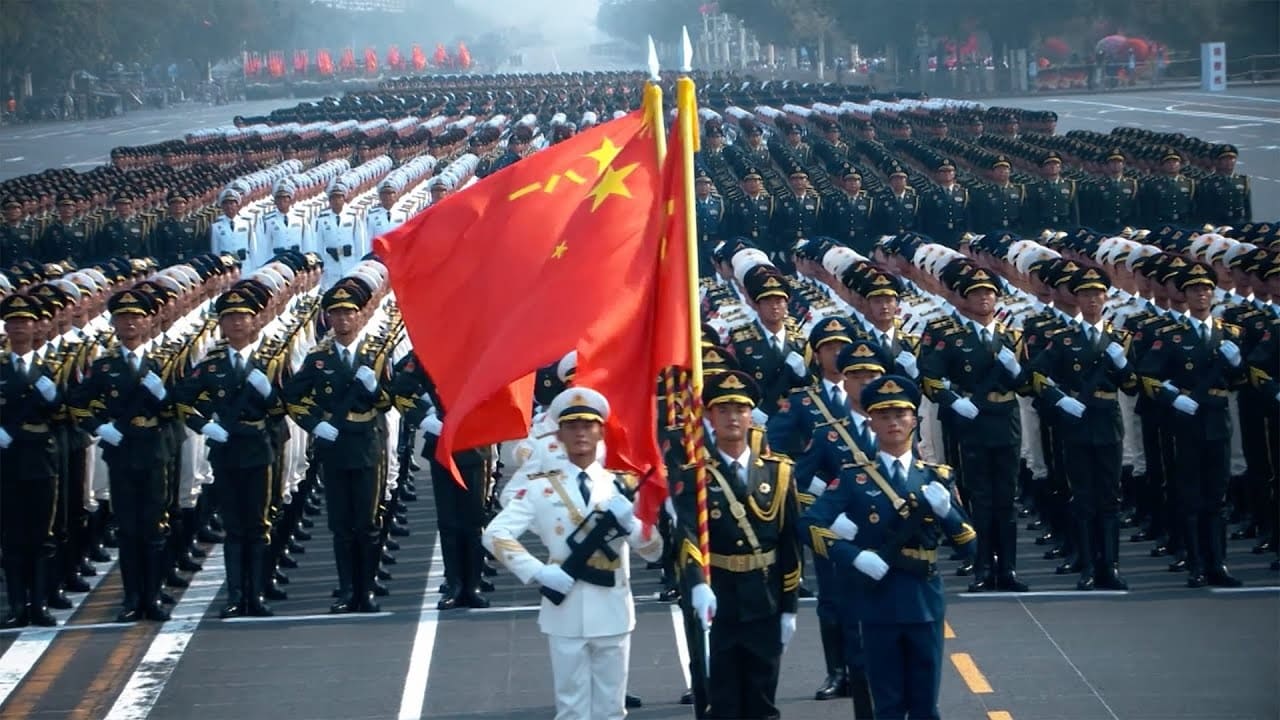Although the narrative of Afghanistan as the graveyard of empires is a bit overdone – and tends to ignore imperial success stories like that of Darius I of Persia or Alexander the Great in antiquity – there is more than a little truth to it. In modern times, British, Soviet and now American efforts to bring the country into their respective geopolitical orbits have met with decisive, and humiliating, defeat. And in the Soviet case at least, that defeat contributed directly to the fall of the empire itself.
But what about today? And, specifically, what about the People’s Republic of China – an empire in all but name? Will China provide the next headstone in the graveyard of empires?
Now, that seems like an odd question, especially on the morning after the Taliban’s triumphant entry into Kabul, with US forces still on the ground facilitating an evacuation of the last remaining Americans and several thousand of their Afghan allies. Why would China – with the benefit of having witnessed both the Soviets and Americans first get bogged down in a geopolitical quagmire, then suffer defeat, and then finally beat an ignominious retreat – ever allow itself to fall into what one official Chinese newspaper recently called the “Afghan trap”?
Three sets of reasons come readily to mind.
First, should Afghanistan’s troubles – which are far from overspill over into the wider region, they may well threaten the China-Pakistan Economic Corridor (CPEC), a major infrastructure project into which Beijing has poured tens of billions of dollars. This is crucially important to China in both economic and geopolitical terms. But the fate of CPEC has increasingly come into question, as terrorist attacks, likely perpetrated by the Pakistani Taliban, have resulted in the deaths of growing numbers of Chinese workers. There are even concerns that the victory of the Afghan Taliban might embolden anti-government Islamist actors – not just with Tehrik-i-Taliban, but Lashkar-e-Taiba, Jaish-e-Mohammed, and other groups as well – to try to topple the Islamic Republic of Pakistan itself. Either way, if violence and instability begin to pose serious threats to CPEC, and if Islamabad is unwilling or unable to stabilize the security environment, it is not difficult to imagine Beijing taking matters into its own hands.
And then there are the domestic security implications of the Taliban victory. China has long been, and remains, concerned that elements of the Taliban – and perhaps the Islamic State, which also has a presence in Afghanistan – are supporting Muslim Uighurs in China’s Xinjiang province. This is anathema to Beijing, which is firmly committed to preventing groups like the Islamic Movement of East Turkestan from turning Xinjiang into a hotbed of Islamist “extremism, terrorism, and separatism”. If the new Taliban government in Kabul is unwilling or unable to prevent forces within its borders from lending support to Islamist groups in China it is once again not too difficult to imagine Beijing taking matters into its own hands.
Finally, the Taliban victory might have broader geopolitical implications for central Asia – implications that might force it to take action in Afghanistan. To begin with, the Taliban’s victory will necessarily have a destabilizing effect on neighboring Central Asian states. Tajikistan is already experiencing the tremors that might well augur a regional geopolitical earthquake and has been forced to call on Russia and other members of the Collective Security Treaty Organization (CSTO) – a post-Soviet, Russian-dominated military alliance – to provide assistance in dealing with security challenges emerging from neighboring Afghanistan. Should this tremor in fact augur more general unrest in Central Asia, China might be required to devote more – perhaps considerably more – military resources to the region. For should any of these states fall to Taliban-aligned movements emboldened by the fall of the Afghan national government and the “defeat” of the United States, China’s bid for regional dominance – not to mention its BRI investments – will be placed in serious jeopardy. Simply put, now that Kabul has fallen, China is likely to be drawn ever more deeply into an increasingly unstable Central Asia. And if the states in the region can’t or won’t provide the stability China requires – or if it looks as if Russia might try to provide that stability or if India might exploit it to advance its own geopolitical interests – then it is not difficult to imagine China taking a more firm hand in matters.
None of this is to suggest, of course, that China will inevitably become ensnared in the Afghan Trap. Beijing is likely to try to avoid it by providing the new regime economic assistance or inviting it to participate in the Belt-and-road initiative. Indeed, Chinese Foreign Minister Wang Yi met with a top-level Taliban delegation in Tianjin last month, promising economic support and investment for Afghanistan’s reconstruction in return for an agreement that the new regime would not allow Afghanistan to be used as a base to support Uyghur militants. And the Shanghai Cooperation Organization, an economic and security grouping comprising China, India, Pakistan, Russia, and four Central Asian states, met a few weeks back to begin planning for a post-US Afghanistan.
Despite these glimmers of hope, however, the nagging question remains: Now that the US is no longer shouldering the burden of stabilizing Afghanistan, will China be forced to assume that burden? And if it does, will it furnish the next headstone in the graveyard of empires?
Andrew Latham is a professor of International Relations at Macalester College specializing in the politics of international conflict and security. He teaches courses on international security, Chinese foreign policy, war and peace in the Middle East, Regional Security in the Indo-Pacific Region, and the World Wars.

